Serbia jumped by 5 places and is ranked 65th by the Global Competitiveness Index, according to the World Economic Forum’s 2018 Report. The official results of the Global Competitiveness Index (GCI) of the World Economic Forum were announced by the Serbian Association of Managers (SAM) and the Foundation for the Advancement of Economics (FREN).
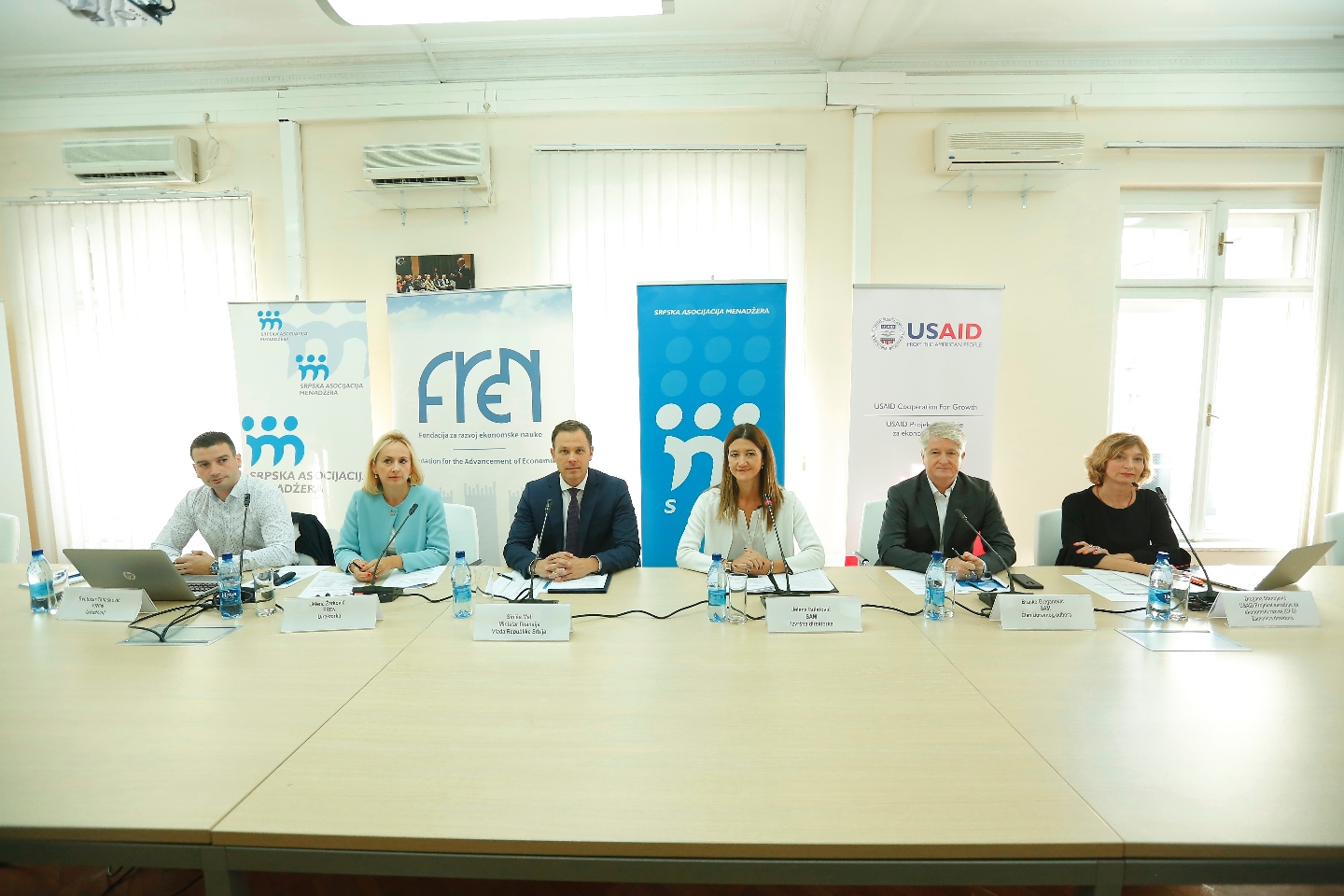
Serbia improved its position in nearly all competitiveness pillars, with the best results in Macroeconomic context, Education and skills, Product market and Financial system. The only pillar where the country performed less successfully than before was Institutions.
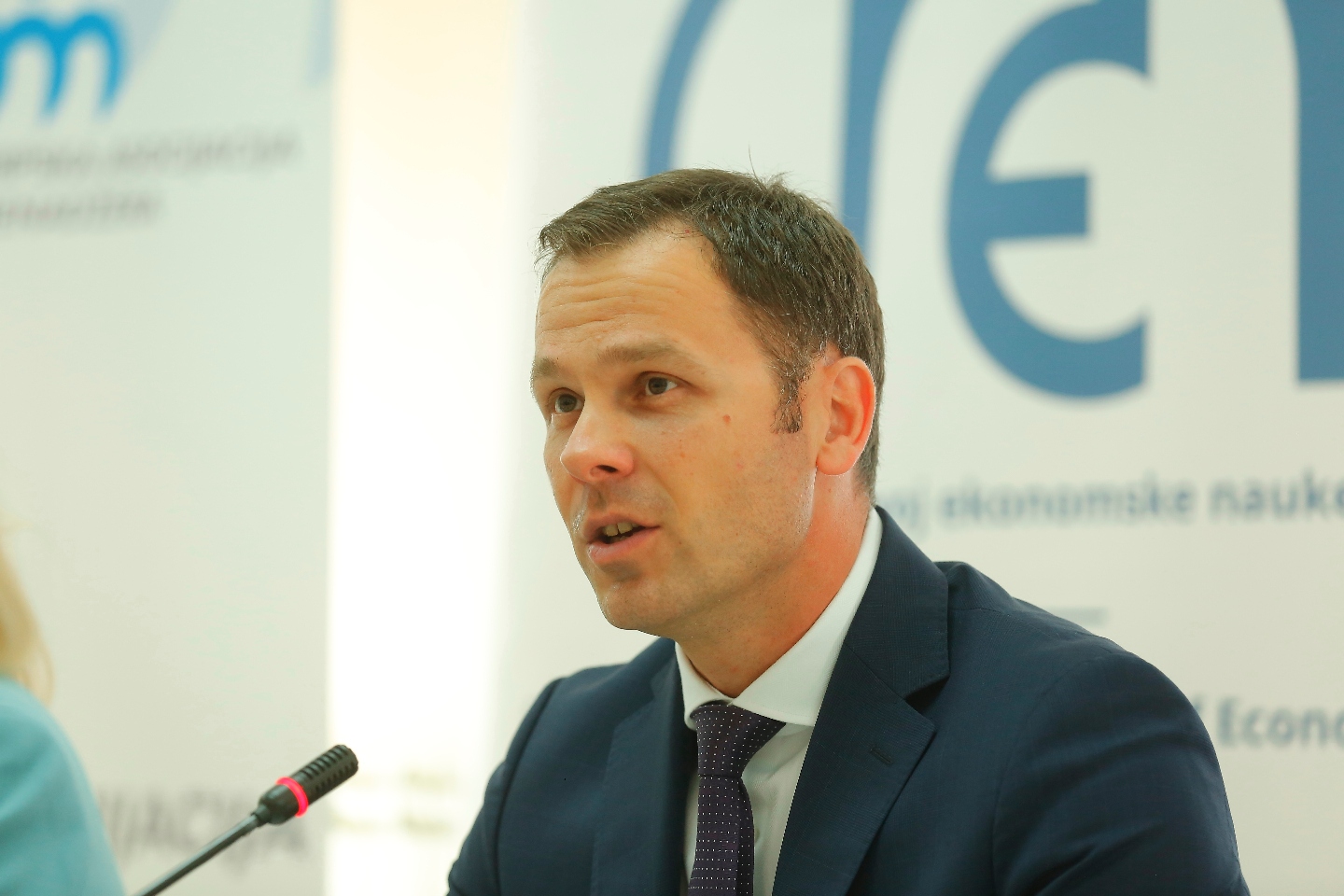
“I congratulate to all citizens of Serbia for the outstanding results in 2018. Serbia progressed by five places of the Index, which is very important for competitiveness and attractiveness of our country for potential investors. What encourages me even more is that our growth is stronger than that of all countries of the region, and with all countries included in the Index, 140 of them, combined, our growth was above average. It confirms that we are on the right track of reforms of our system and that we have been improving the quality of life and standard of living of our population from year to year. When you record good results, you are obliged to be even better and if we continue at this rate, we will soon join the top 50 countries. That is our goal. I hope that next year we will achieve even better results,” said Minister of Finance Siniša Mali.
The major progress compared to last year was achieved in the Macroeconomic context pillar. Furthermore, the major contribution to the improvement of the position was achieved by Financial system.
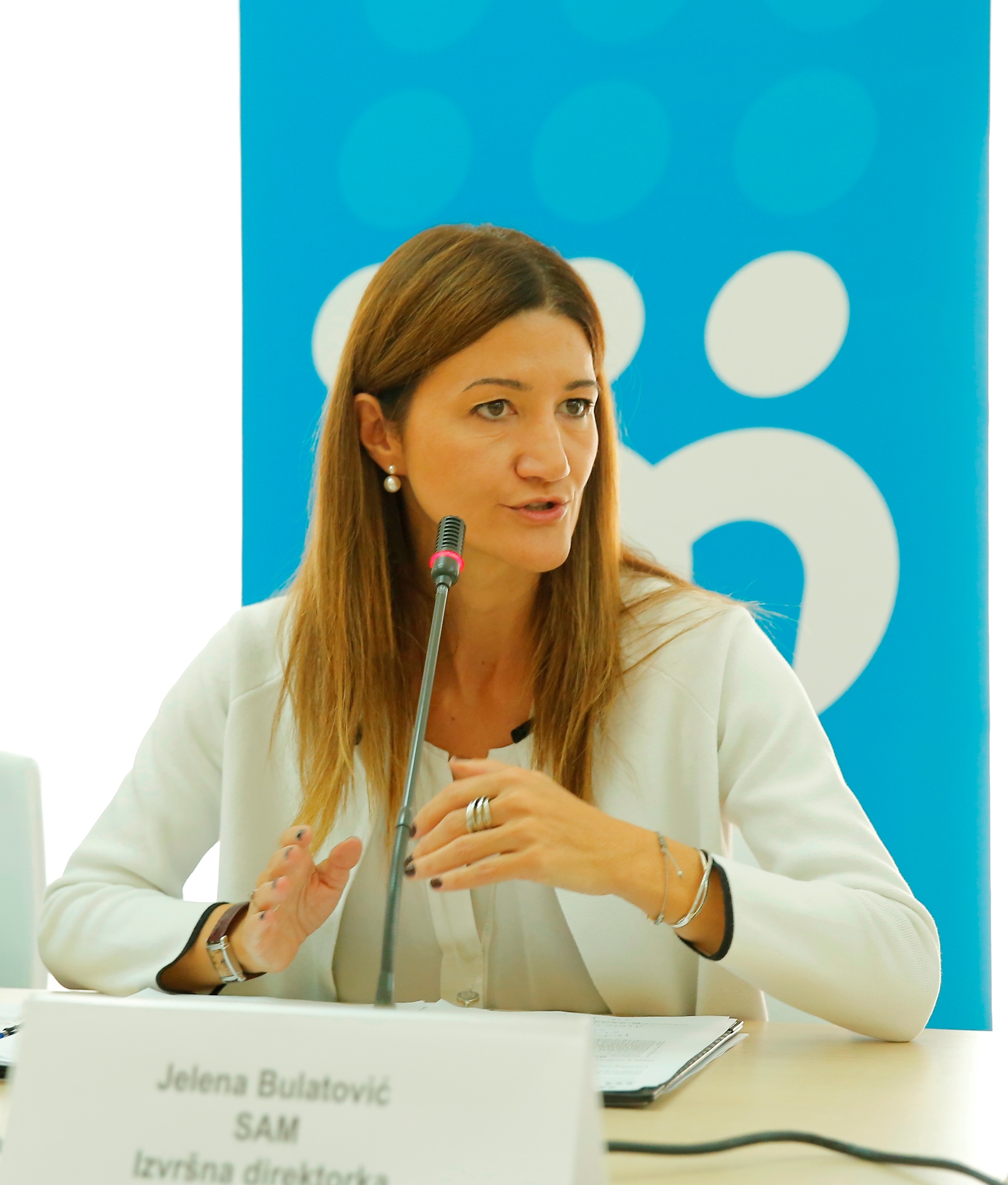
“From the economic aspect, we can say that we are witnessing positive steps forward, the administration is improving its performance, the introduction of e-governance has resulted in reducing the red tape, combined with an improved perception of businesses regarding its positive effects. There is a lot of room for improving Serbia’s competitiveness, from consistent implementation of reforms to focusing investments on technological readiness and sophistication of production processes. As an association of managers, we are focused in developing managerial personnel and their empowerment, so that they can prepare and develop themselves and their companies for the future brought by digital transformation. We will continue in that direction in the future as well, since it is highly relevant for the competitiveness of our country, which we hope will grow even stronger, resulting in our further progress by this index,” said Jelena Bulatović, Executive Director of the Serbian Association of Managers.
Serbia recorded the highest improvement of the Index compared to all countries of the region. The only country from the ex-YU ahead of Serbia is Slovenia. Bosnia and Herzegovina had slightly poorer performance, Croatia repeated the last year’s result, while the comparison for Macedonia could not be made because it was included in the 2017 Report.
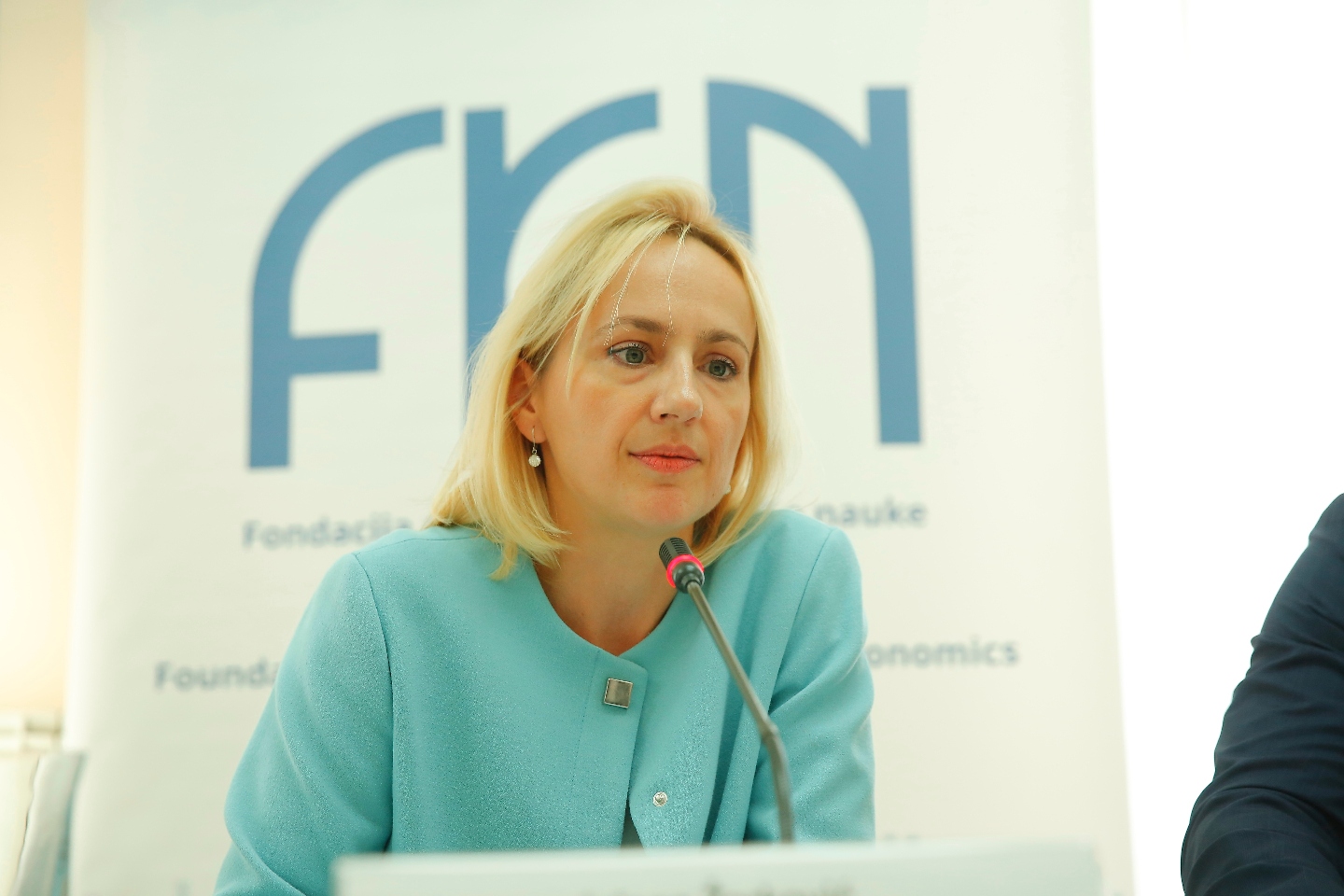
“Out of all competitiveness pillars, Serbia is best ranked in those covering education and skills and ability to innovate. This year’s Competitiveness Index of the World Economic Forum is focused on innovation, highlighting its relevance for long-term economic growth. As education and innovation are closely related, good results in these areas add to optimistic expectations that our economy is able to generate economic growth in the upcoming period,” said Jelena Žarković, FREN Director.
Results of an opinion poll among businesspeople showed improvements in regard to SMEs’ access to finance, capital availability for new entrepreneurial ventures and banking system stability. In addition, an NPLs’ share in total loans was significantly reduced compared to 2017, adding to better results of this pillar.
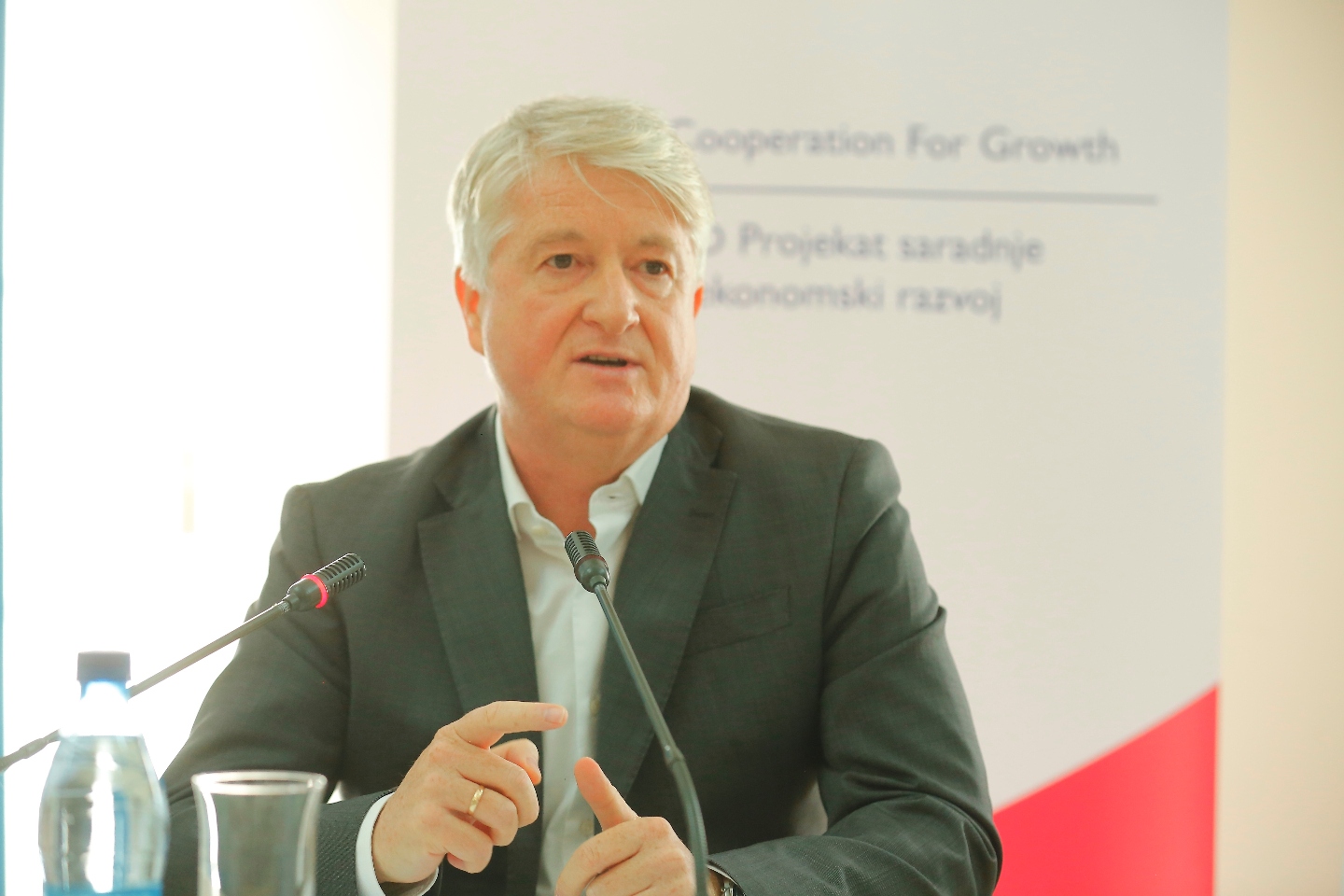
“It is vital for Serbia to understand and seriously approach all external progress and development assessments and good and bad sides of the current features of the Serbian economy. The fact that Serbia accepts and seriously considers them confirms that it is willing to make positive changes. In my opinion, the situation with information and communication technology in Serbia is perhaps even much better than the Report illustrates. All the efforts in the e-sector, civil sector and initiatives such as Digital Serbia and BubbleBee are something that Serbia should be proud of,” says Branko Greganović, a member of the SAM BoD and Chairman of the NLB Bank Executive Board.
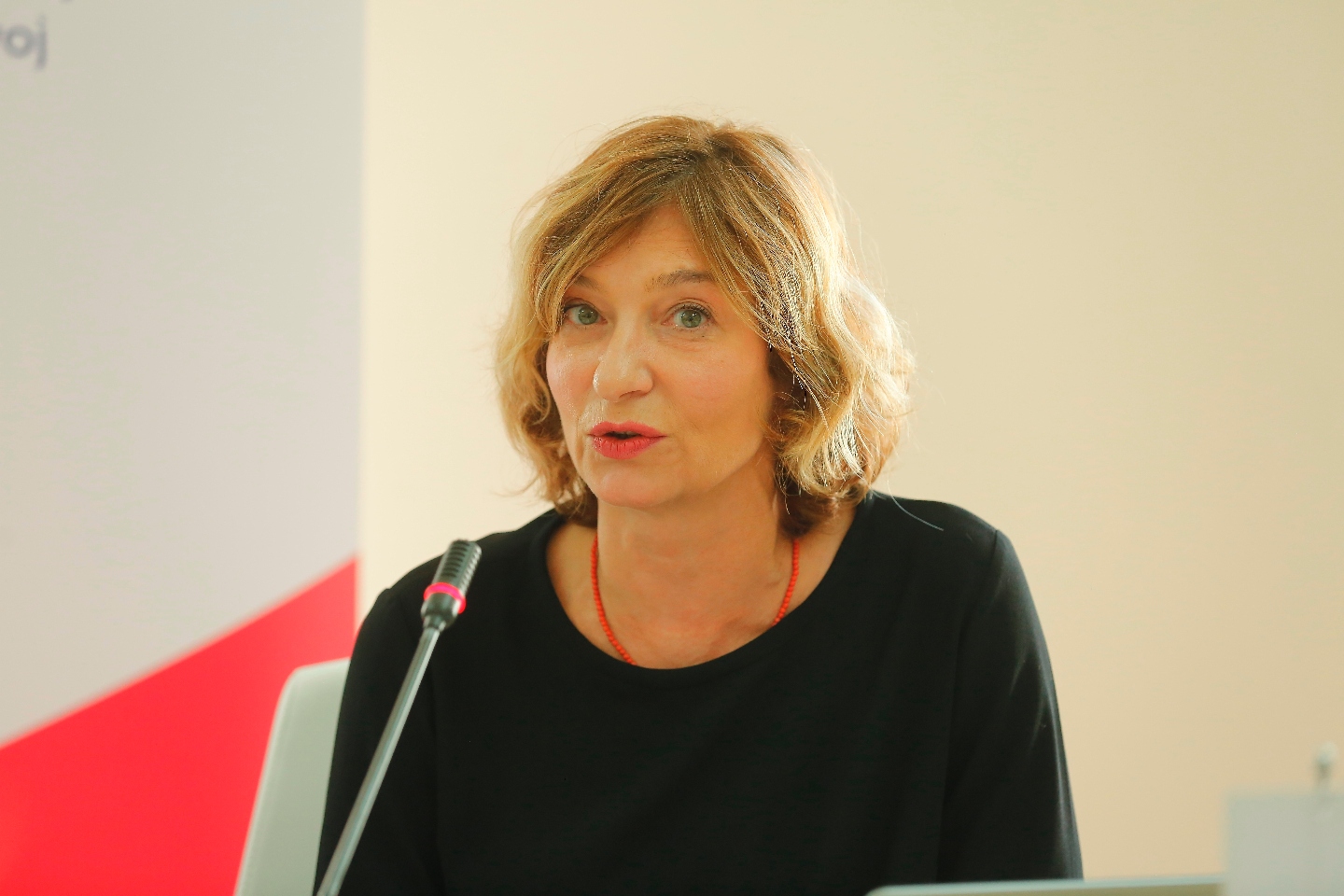
The Global Competitiveness Index is considered one of the most relevant indicators for ranking countries by creditors and potential investors who may opt for doing business in a specific country, and its value is a result of combining data from international databases and results of an opinion poll among businesspeople.